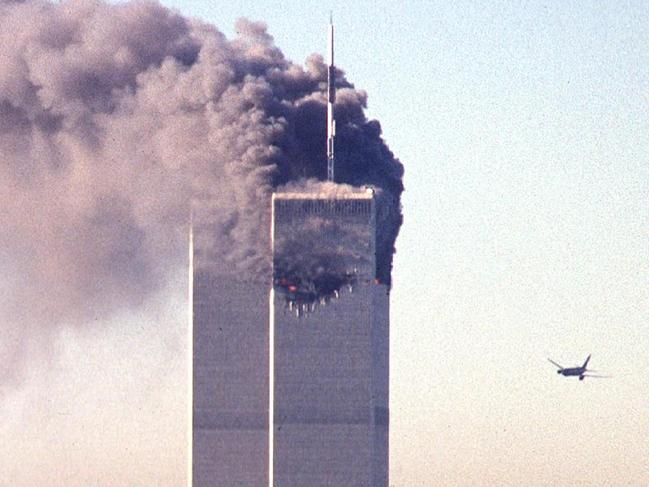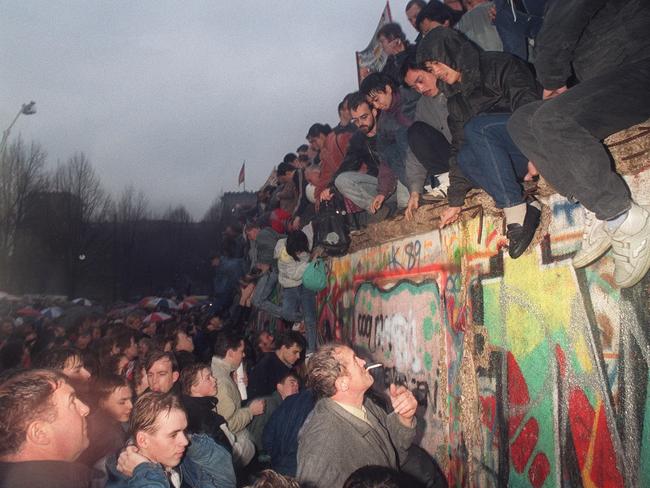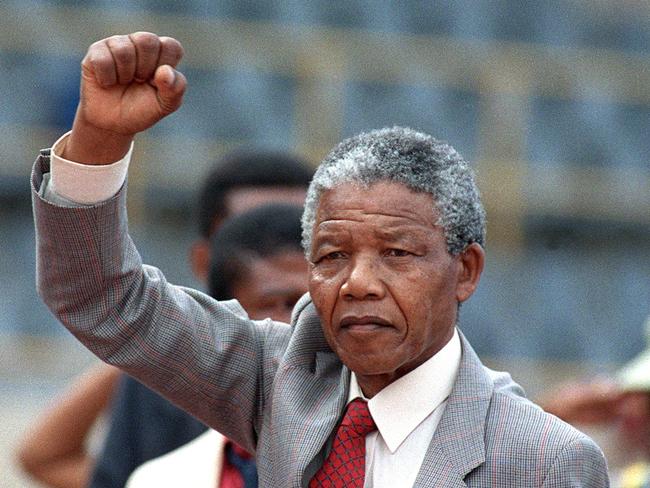How 9/11 ended our golden decade
The September 11 terror attacks were not just an assault on America, but marked the conclusion of our innocence — and make the preceding bloody decade seem like a golden age in comparison, writes David Mills.
Rendezview
Don't miss out on the headlines from Rendezview. Followed categories will be added to My News.
This year’s anniversary of the September 11 attacks on New York and Washington DC is significant in one particular way: there are now adults who were not alive when those shocking events took place.
These young adults have grown up in a more frightened, divided, paranoid world. Heightened security and government surveillance of citizens is standard procedure for them. So too is war.
September 11 changed history in any number of ways, but in a strange sort of way it also broke history, too.

Back in the 20th century, the way we processed our lives and what happened to us was by sorting events into decades. The rockin’ ’50s gave way to the revolutionary ’60s; the groovy ’70s morphed into the greedy ’80s; and so on.
That hasn’t happened in the 21st century so far, and not just because the words “noughties” and “twenty-tens” don’t roll off the tongue quite as easily.
The fact is, 18 years on, we are still living in a post-September 11 world. Plenty has happened, but nothing has overtaken the significance of that event. Nothing has shaped the world quite so dramatically; not even the growing threat of climate change. The chapter has never been closed.
MORE FROM DAVID MILLS: RUOK is good, but not nearly enough
In a lot of ways, the twenty-tens still look and feel much the same as the noughties. There have been some minor changes — we can look back at the music and fashion of the early years of the century and see signs that we’ve evolved in some little ways — but there has been nothing revolutionary. Nothing seismic.
One of the weird historical effects of September 11 has been the way it has rendered the 1990s as a halcyon era by comparison.

It wasn’t, of course — there was the Gulf War, genocide in Rwanda and countless atrocities in the Balkans. There were school massacres in Dunblane in Scotland and Columbine in Ohio. In Australia we were dealing with a major recession that at its peak put one in nine people out of work.
But it was also a time when it seemed as if things for the human race might just be getting better. The fall of the Berlin Wall, the dismantling of the Soviet Union and the ending of the apartheid system in South Africa all seemed to suggest we were moving towards a more peaceful future. The threat of nuclear war — so palpable in the 1980s — had eased.
MORE FROM DAVID MILLS: Why we’re losing the climate change war
The mood was summed up in the song Right Here, Right Now by the British band Jesus Jones. “Right here, right now, there is no other place I want to be … right here, right now,
watching the world wake up from history,” they sang, and it was impossible not to catch the sense of optimism.
The good news continued throughout the decade. New HIV treatments which emerged in 1996 turned the tide in the global fight against the AIDS epidemic, and rates of violent crime in many parts of the western world started to trend down.

Australia seemed an especially buoyant place to be (apart from that aforementioned recession). Paul Keating’s Redfern Speech of 1992 presaged an era of reconciliation with Aboriginal Australians, and the 1993 announcement that Sydney had won the right to host the 2000 Summer Olympics unified the country in excitement.
MORE FROM DAVID MILLS: Sydney, get used to being beaten by Melbourne
Culture was a lot of fun, too. On TV we had Friends, Seinfeld, The X-Files and — best of all — Melrose Place. Musically we had grunge, techno, Britpop, the Big Day Out, Triple J and the emergence of a newly sexed-up Kylie Minogue.
But the most enduring legacy of the 1990s is the generation who grew up in it, and the confidence and savvy of Generation Y (or the milennials as they are increasingly known) can be traced back in large part to the relative peace and prosperity they enjoyed growing up.
It makes you think how the generation that came after them — the September 11 generation — will ultimately be shaped by the conditions and mood of the time in which they matured into young adults.
I only hope that they too get to experience the freedom and the fun so many of us knew before that fateful, horrible day in September, 2001.
David Mills is a journalist with News Corp.
Originally published as How 9/11 ended our golden decade
